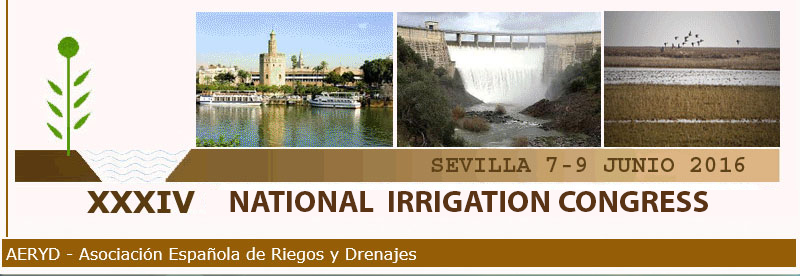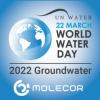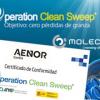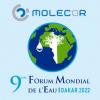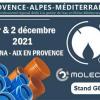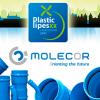Seville, Spain
Molecor Tecnologia, S.L., leader company in the development of the Molecular Orientation Technology applied to the conveyance of water under pressure, will be present in the XXXIV National Irrigation Congress, organized by the Spanish Association of Irrigation and Drainage Network (AERyD). This event will take place in Seville from 7th to 9th June.
The XXXIV National Irrigation Congress is the appropriate meeting forum to identificate common objectives, where are shown the technical developments and innovations that must lead the initiatives and define the strategies in the irrigation of the future.
The Water and the Irrigation Systems policy, which develops the Water Plans and the corresponding Rural Development Programs, defines the possibilities and needs in terms of water use, the irrigation public strategies and other influential measures in the sector, such as the agri-environmental ones.
In this period of technology and knowledge, investigation, innovation and the development applied to irrigation are necessary. The European Union establishes as mottos, the intelligent growth and the efficiency increase in the use of resources. The modernization process initiated in the mid-nineties has considerably improved the infrastructures and the irrigation facilities efficiency.
Molecular orientation provides the TOM® PVC-O Pipes with significant advantages in product quality, installation and use. They offer a more respectful behaviour with the environment and better environmental footprint than pipes made of other materials, contributing to the sustainable development of the planet and optimizing the natural resources consumption.
Among the activities that compose the Congress program we can find Molecor´s conference “Orientated PVC (PVC-O). Sustainable pipe for reclaimed water pipelines, environmental footprint”.
The environmental impact of a piping system depends on its composition and on the application thereof. The main factors that determinate the efficiency throughout the pipes life cycle are: the type of raw material used, the manufacturing process, the quality of the finished product and its useful life.
The Life Cycle Analysis has shown that the environmental impact of plastic pipes systems is considerably lower than the systems made of other traditional materials.
TOM® Pipes calculation has been done following the European Comission recommendations related to the calculation of the Product Environmental Footprint (HAP-PEF). For that reason, the behaviour of these pipes has been analyzed in fourteen different environmental impacts. Among them we can find: the climate change, the depletion of the ozone layer and of the natural resources and its effects on human health.
